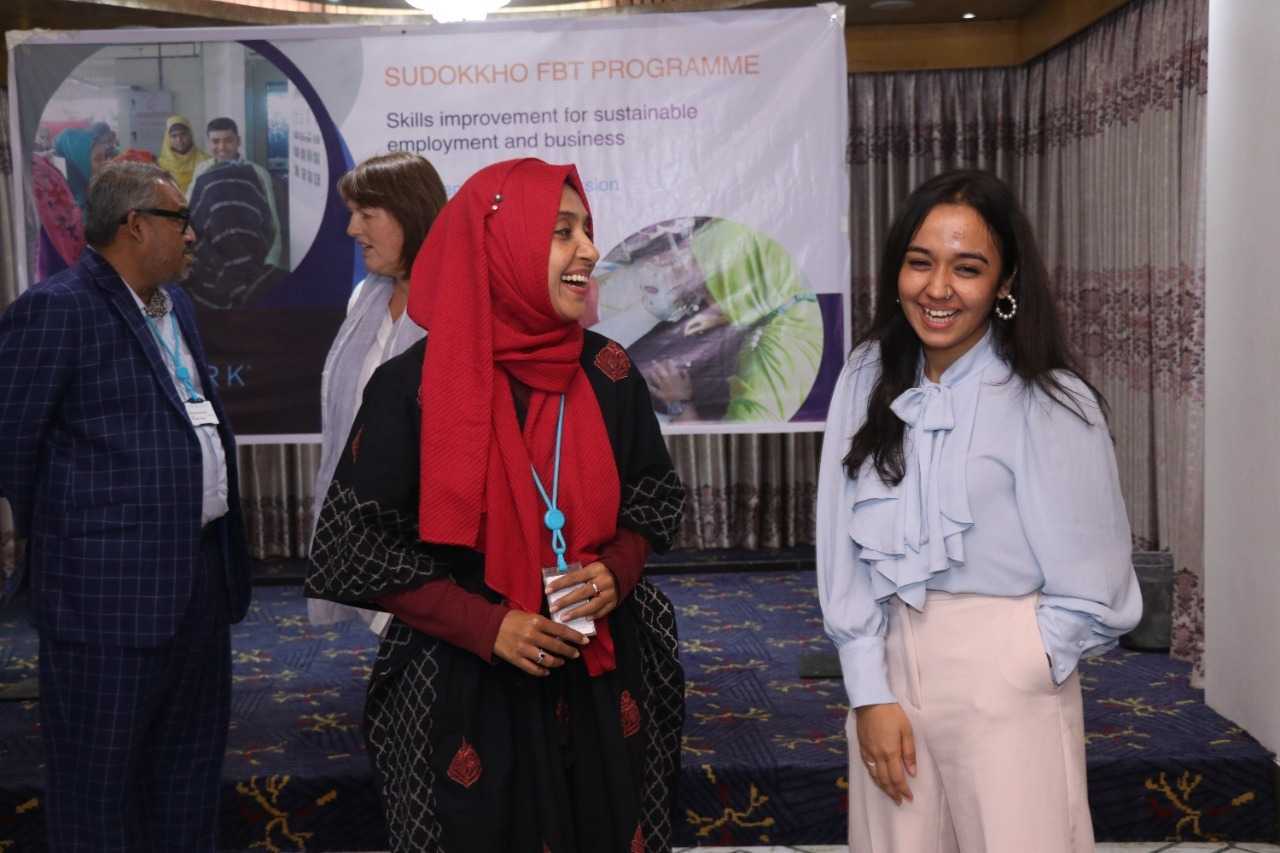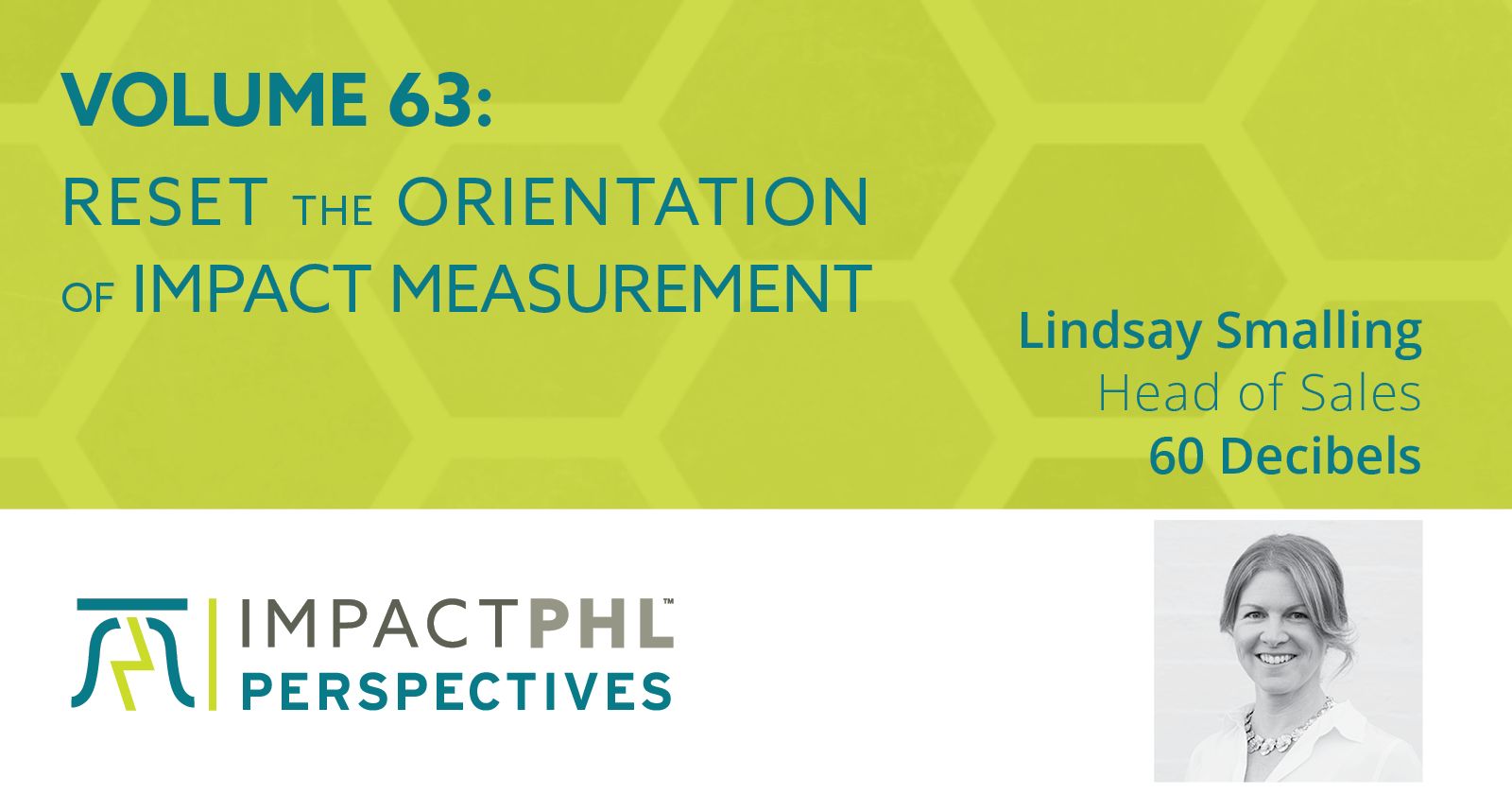

Casestudy: Workforce development in the garment industry
Workforce Development is a cornerstone of Primark’s flagship social impact program Suddokho, which it has been running since 2016 across dozens of Bangladeshi factories in its supply chain.
At 25 years old, Sadia knew life at her garment factory in Bangladesh well. Three years ago, she started her new career at the lowest position and salary, what is colloquially known as a ‘helper’. Slowly she improved at her job, picking up tips from her more experienced colleagues. She had seen much at the factory, how the other workers came and went, but life was not easy for an entry-level employee with a six-member household to support.
Sadia’s hard work did not go unnoticed. She was selected for a training program that introduced her to stitching and taught her skills to operate sophisticated machinery. She learned quickly. A promotion to junior production officer followed. ‘Now I have a good, handsome salary,’ she says with pride. For Sadia, her promotion is not just about better wages, people in her community – many of whom are co-workers – value her opinions and treat her with greater respect. Sadia began to see her work not just as practical, but also meaningful.
Primark’s Sudokkho training
The training that Sadia attended was funded by Primark under one of its flagship social impact programmes called Sudokkho (the Bengali word for “highly skilled”). This programme supports the international retailers’ commitment to promote equal opportunities for women by strengthening the position of women through skills development and addressing their barriers to progression by 2030. Workforce development is a cornerstone of this.
Along with its local implementation partner, Rajesh Bheda Consulting (RBC), Primark has been running Sudokkho across dozens of the Bangladeshi factories from which it sources since 2016 – when the programme was funded by the UK Government. Employees learn new skills, from operating sewing machines to upskilling their stitching styles, as well as soft skills and training for supervisory roles.
A movement toward (and business case for!) working wellbeing
The Sudokkho programme is just one example of a growing trend of companies seeking to support the livelihoods of the people essential to their supply chain, not only for the workers’ wellbeing but for the productivity and wellbeing of the supply chain itself. In the past, the focus may have been on salaries and protecting workers’ safety . This is clearly essential, but as the Good Jobs Institute highlights, ‘simply providing basic needs such as a living wage and predictable schedules will not, in itself, created a motivated workforce’.
The International Labour Organisation makes a similar case, noting that creating good jobs with strong social protection gives individuals a sense of purpose and pride, a place in their communities, and the ability to provide for their families. Moreover, consumers are increasingly conscious of how supply chains are managed and the role of industry in protecting workers, with a growing demand for increased transparency in this space.
The impact of Sudokkho
Environmental and sustainability targets among industry are not new. What stands out is Primark’s ambition to understand the impact of this work. To do this, Primark partnered with 60 Decibels. We sought to better understand the impact of factory-based training on worker well-being captured by five dimensions: personal well-being, pay and productivity, skills and development, motivation and accomplishment, and job security, safety and rights. We spoke with 703 Sudokkho-trained garment factory workers through remote phone interviews.
Primark was keen to compare the performance of their work to impact benchmarks – something 60 Decibels has developed over the course of thousands of similar projects. The results indicated that the programme had positively impacted workers’ lives. The Net Promoter Score for the programme – a common gauge of loyalty and satisfaction taken by asking customers how likely they are to recommend a product or service to others on a scale of 0-10 – of 81, is notably higher than the 60 Decibels South Asia benchmark of 43. Moreover, a third of the workers report that their quality of life has ‘very much improved’ because of the training, placing the training in the top 40% of the 60 Decibels South Asia benchmark.
The training had a direct impact on workers’ professional skills and how meaningful they now find their work. 9 in 10 workers reported improvements in the way they do their everyday job, learning transferable skills that have helped them grow and develop as a professional including greater confidence. 3 in 4 workers said they have had career advancement opportunities because of the training, and a similar proportion report income increments. Impact also goes beyond the workplace – 3 in 4 workers who report income increases also report that the way their family and community view their job has improved after the training.
Room for continued improvement
Whilst many of the results are encouraging, listening to the employees directly revealed scope for improvement. Perhaps unsurprisingly, workers asked for more training content and a longer duration of training. There were gender disparities with men being more likely to find their job to be meaningful than women (62% vs 43%) and feeling a sense of autonomy in their role after the training compared to women (62% vs. 43%). For Primark, it is important to understand the impact of the programme to support their culture of evidence-based learning and to drive further improvements.
Human wellbeing is key to a sustainable future. The results of the Primark Sudokkho impact assessment show that the programme improved the work and lives of the workers involved, but the growing trend towards providing good jobs to workers could have even greater effects on companies. It’s not just good for the workers – motivated, empowered employees are better for business too. Focusing on worker wellbeing is a win-win.
(All names have been pseudonymised)






